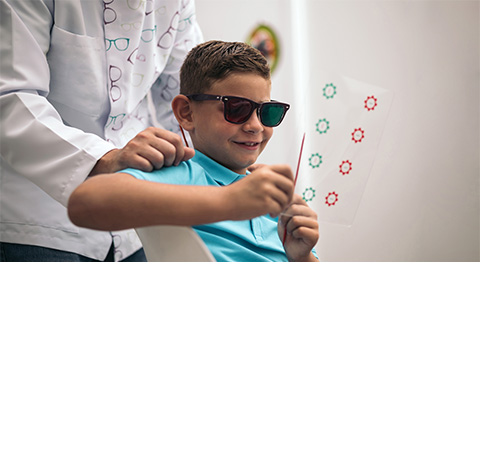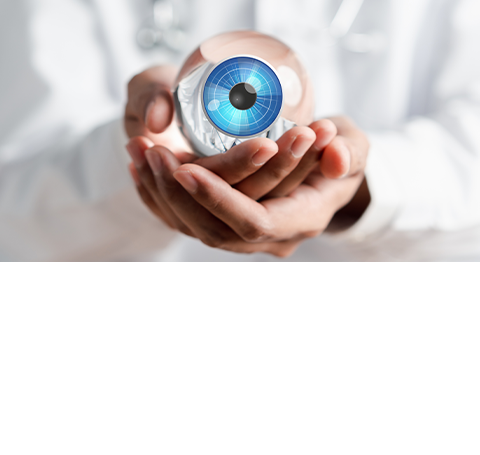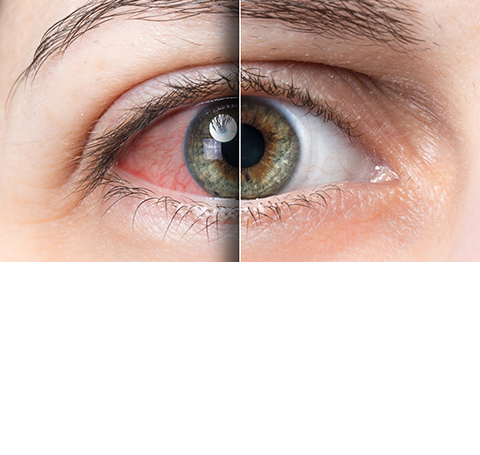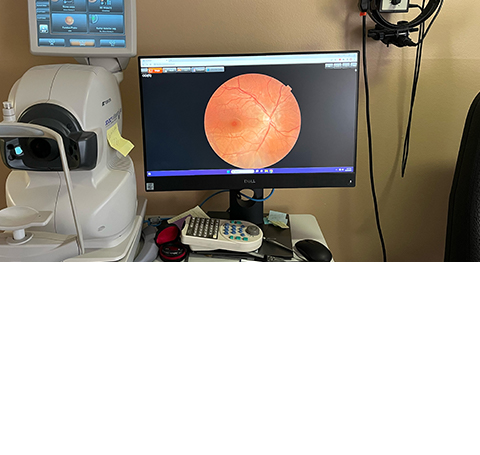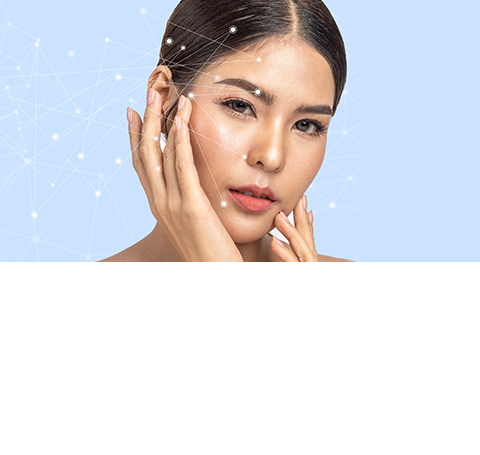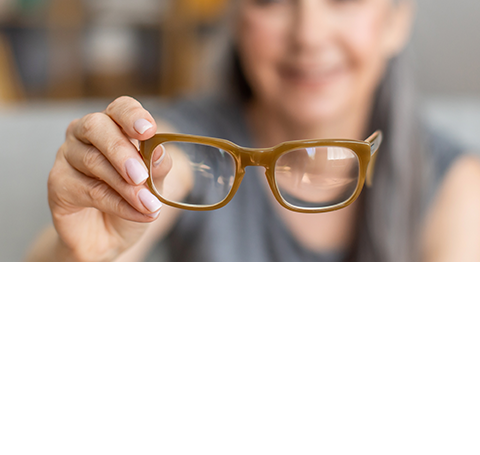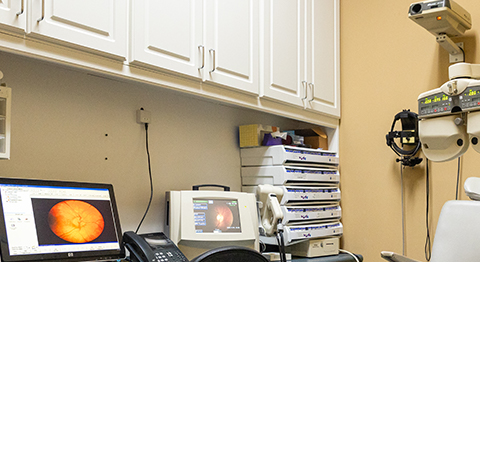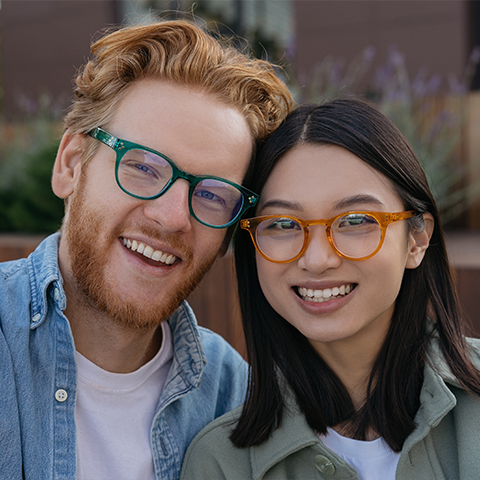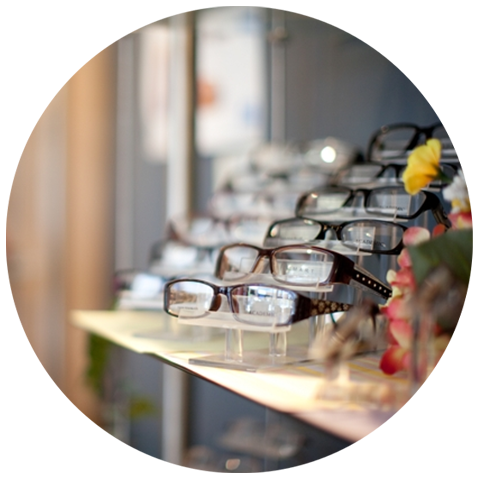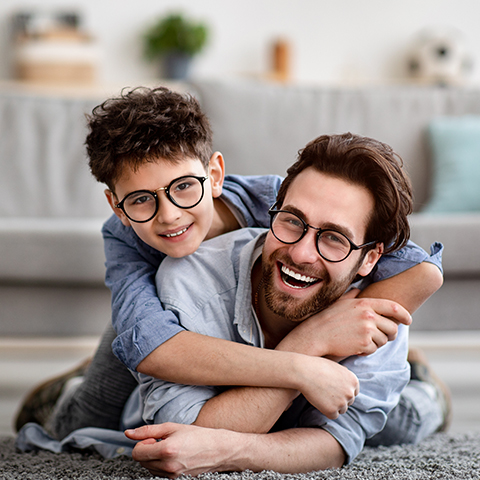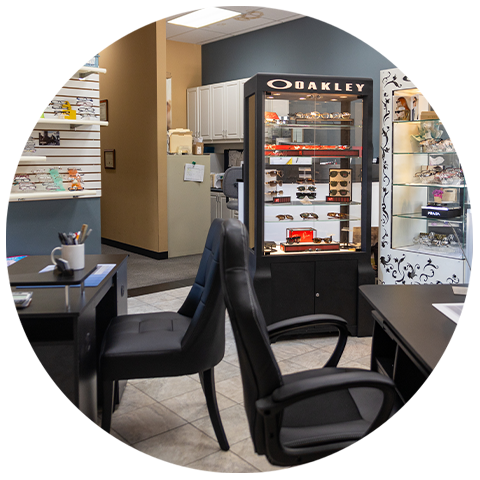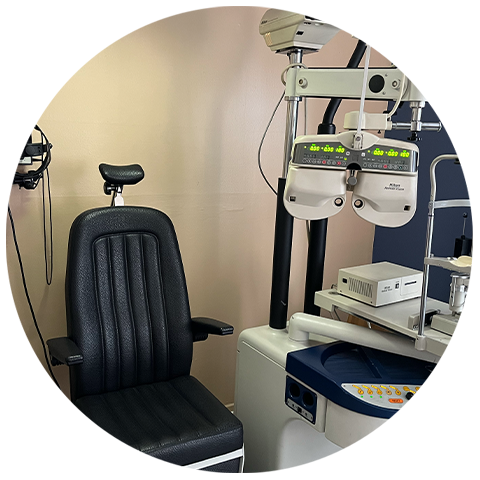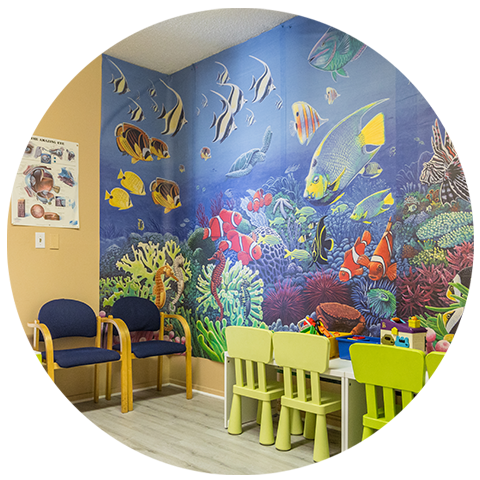Restore Your Vision Potential with Neuro-Optometric Rehabilitation
Neuro-optometry is all about the amazing connection between your eyes and brain. When these vital organs communicate poorly, it can disrupt your vision, balance, and coordination.
At our practice, we harness the power of innovative technology to perform thorough assessments and create personalized treatment programs. Led by the expertise of Dr. Sharieff, FCOVD, FNORA, our goal is to restore and enhance your visual abilities. We want to empower you to excel in learning and effortlessly carry out your daily activities.
Our dedicated team is here to support your brain’s recovery, offering one-on-one care every step of the way. Reach out to our team today.
Book Appointment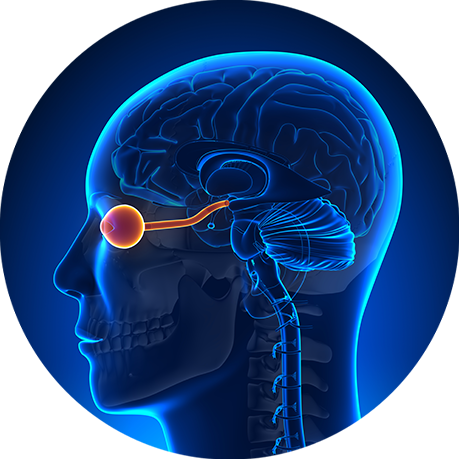
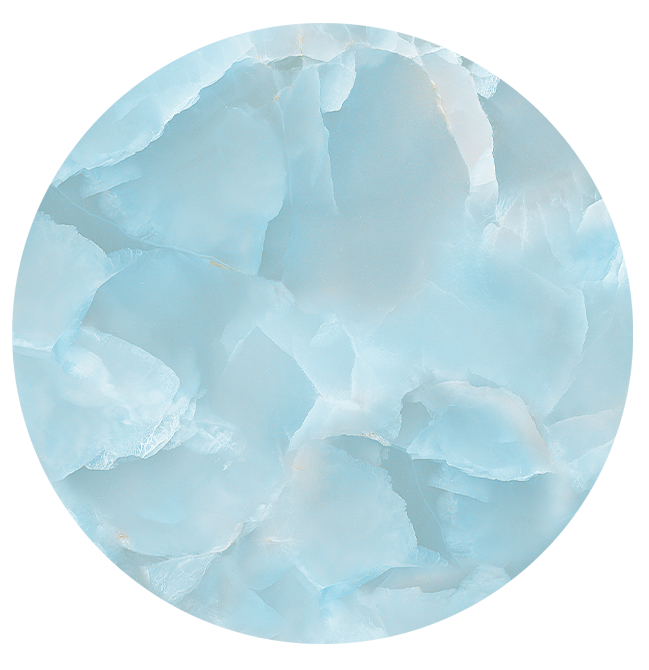
Who Can Benefit from Neuro-Optometry?
Neuro-optometrists are trained to help diagnose and manage conditions that can impact your whole visual system. With our broad range of expertise, we can help people who experience visual impairments resulting from:
- Traumatic brain injuries (TBI)
- Concussion
- Physical disabilities
- Neurological conditions or diseases
What Are the Visual Symptoms of Neurological Conditions?
People with undiagnosed brain injuries, concussions, or neurological diseases might experience various symptoms affecting how their brain processes visual information. Here are some common symptoms to look out for:
- Double or blurry vision
- Dizziness or nausea
- Spatial disorientation
- Eye teaming & tracking problems
- Reading & concentration difficulties
- Poor depth perception & balance
- Difficulty walking or maintaining posture
- Visual field loss
- Increased light sensitivity
- Eyestrain
Neuro-Optometric Assessment
To develop an appropriate treatment plan, Dr. Sharieff, FCOVD, FNORA, will conduct a thorough evaluation of your visual system. By identifying the root causes of your symptoms, we can develop a program that suits your needs.
During the assessment, we can assess various aspects of your vision, such as:
- Binocular vision (how well your eyes work together)
- Accommodation (ability to focus)
- Oculomotor function (eye scanning & tracking abilities)
- Visual processing & perception
- Vestibular-visual interaction (sense of balance)
- Visual integration & interpretation
- Visual acuity & peripheral vision
- Overall eye health
Neuro-Optometric Rehabilitation
Once we’ve identified your specific needs, we can develop a personalized plan to rehabilitate your visual, perceptual, and motor skills. During your neuro-optometric rehabilitation therapy, a variety of exercises, tools, and technologies will be used to address your vision requirements.
This comprehensive program can incorporate in-office and at-home exercises, which may include:
- Corrective lenses, including Neurolens prism lenses
- Interactive training technology, like SVI, SMARTfit, or NeuroTracker
- Comprehensive eye exams, aided by OCT or visual field testing
- Eye exercises to improve visual skills, including eye movements & focusing
Take Our Neurolens Questionnaire
Neurolens can help you find relief from eye misalignment symptoms. This questionnaire can help us understand what symptoms you’re experience on a regular basis.
Reviving Your Vision: Start Neuro-Optometric Rehabilitation Today
The eye-brain connection is a remarkable yet delicate mechanism. When injuries or diseases disrupt this connection, it can significantly impact your ability to perform everyday tasks comfortably. However, with the right tools, technology, and support, we can help improve your visual processing and restore your quality of life.
We’re committed to supporting your recovery and enhancing your visual skills. Find out more about how neuro-optometry can benefit you or someone you love. Contact our practice today.
Book AppointmentVisit Our Locations
Tustin
- Phone: 657-900-2115
- Fax: 714-996-6212
- Email: [email protected]
- 17411 Irvine Blvd Suite D
- Tustin, CA 92780
Hours
- Monday: 3:00 PM – 7:00 PM
- Tuesday: 10:30 AM – 6:00 PM
- Wednesday: 3:00 PM – 5:00 PM
- Thursday: 12:00 PM – 7:00 PM
- Friday: 11:00 AM – 6:00 PM
- Saturday: 10:00 AM – 2:00 PM
- Sunday: Closed
Yorba Linda
- Phone: 714-996-6210
- Fax: 714-996-6212
- Email: [email protected]
- 17674 Yorba Linda Blvd
- Yorba Linda, CA 92886
Hours
- Monday: 10:00 AM – 6:00 PM
- Tuesday: 10:00 AM – 6:00 PM
- Wednesday: 10:00 AM – 1:00 PM
- Thursday: 10:00 AM – 2:00 PM
- Friday: 10:00 AM – 6:00 PM
- Saturday: Closed
- Sunday: Closed
Our Services
Our Brands






